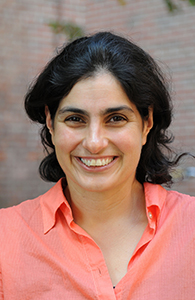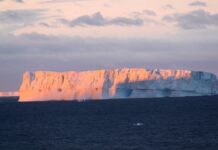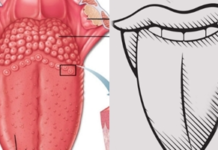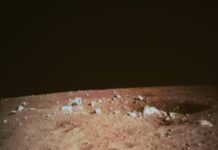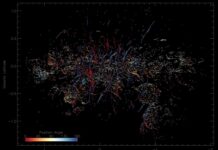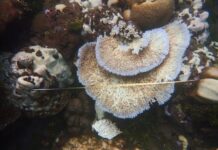Pakistan-Born MIT Professor Nergis Mavalvala helps detect Einstein’s gravitational waves
CAMBRIDGE, MA—It is perhaps the biggest scientific news of this century and probably of many centuries: the detection of Einstein's gravitational waves; and Pakistan-born...
Don’t Judge, Wait, and Know the Science: InterSex,The Body and The Self
By STEPHANIE DUTCHEN
The Harvard Gazette
An otherwise healthy baby is born with a phallus that seems small for a penis but big for a clitoris....
Stronger El Nino could cause irreversible Antarctic melting: Report
Canberra-- Stronger El Nino events in the future could cause irreversible melting of ice shelves and sheets in Antarctica, an Australian research warned on...
Scientists unlock secrets of a sixth basic flavor
Tokyo-- US scientists have found evidence of a sixth basic taste -- umami -- in addition to sweet, sour, salty and bitter, eight decades...
Greenland glaciers melting three times faster than 20th Century: Study
London-- There has been widespread and intense mass loss of glaciers and ice caps in Greenland at a rate that is three times faster...
Humans exceeded 7 of the 9 ‘safe limits’ for life on Earth: Study
London-- Humans have crossed seven of the nine "safe limits" that allow for human life on earth, according to a new study.
In 2009, a...
Moon 40 mn years older than earlier thought, reveal crystals from lunar surface
Washington-- Crystals brought back by Apollo astronauts in 1972 from the lunar surface have revealed that the Moon is 40 million years older than...
Scientists find new type of cosmic threads in Milky Way
New York-- A team of astrophysicists has discovered a new type of cosmic threads hidden in the centre of the Milky Way galaxy.
In the...
When women, literally, aren’t recognized
By Ekaterina Pesheva
The Harvard Gazette
Our ability to recognize faces is a complex interplay of environment, neurobiology, and contextual cues. Now a study from Harvard...
Climate change could cause disease to 76.8% of corals by 2100
Sydney-- Researchers from the University of New South Wales (UNSW Sydney) have estimated that 76.8 per cent of corals across the world would catch...





